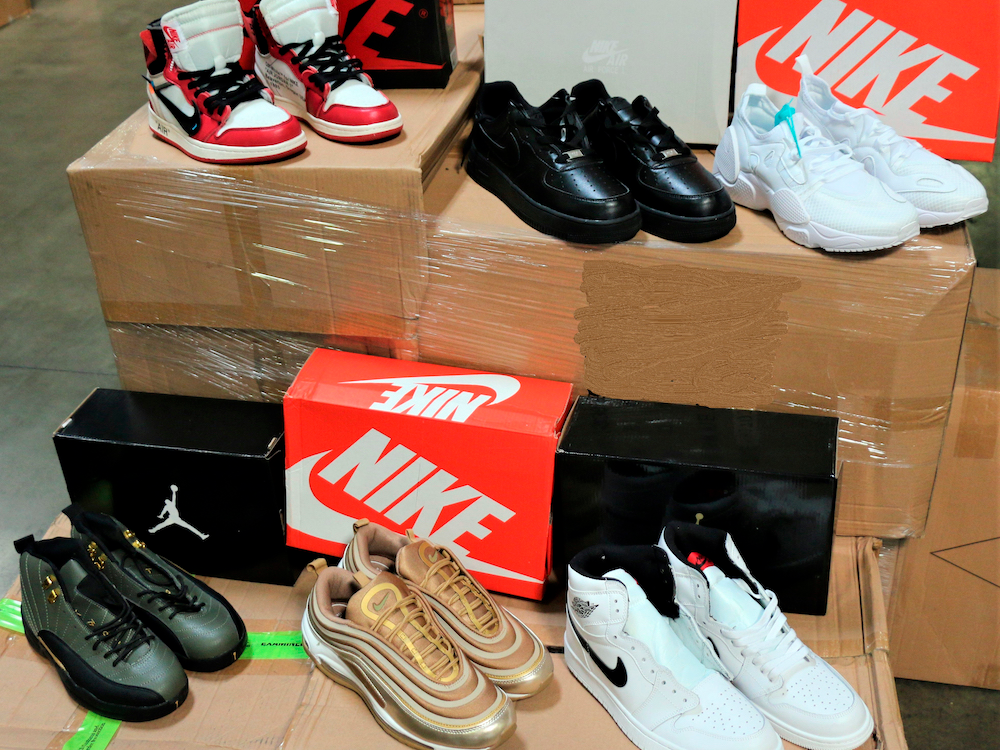- Nike confirmed on Tuesday that it will no longer sell its products on Amazon’s site. The news was first reported by Bloomberg.
-
The partnership between the two retailers was first announced just over two years ago.
- The deal was that Nike would sell direct to Amazon in return for Amazon removing fake Nike items and stopping unauthorized third-party sellers from selling Nike products on its site.
- Early reports suggested that the mutually beneficial partnership wasn’t living up to expectations, however, as Nike wasn’t able to get a handle on the third-party marketplace.
- Sign up for Business Insider’s retail newsletter, The Drive-Thru, to get more stories like this in your inbox.
- Visit Business Insider’s homepage for more stories.
Nike is pulling back from Amazon.
The sportswear giant confirmed to Bloomberg on Tuesday that it’s ending its partnership with Amazon just over two years after it was first announced.
A spokesperson told Bloomberg that Nike is ending the pilot so it can focus more on its direct-to-consumer business, something that has been front and center of the brand’s strategy since 2017.
"As part of Nike's focus on elevating consumer experiences through more direct, personal relationships, we have made the decision to complete our current pilot with Amazon Retail," Nike told Bloomberg in a statement. "We will continue to invest in strong, distinctive partnerships for Nike with other retailers and platforms to seamlessly serve our consumers globally."
Nike's new CEO, John Donahoe, who was formerly CEO of eBay and will take the reins of Nike in January, is expected to spearhead this strategy over the next few years.
A spokesperson for Nike was not immediately available for comment when contacted by Business Insider.
But Nike's retreat from Amazon raises other questions over how successful this partnership was and whether it achieved what Nike set out to do.
From the start, the deal was that Nike would sell direct to Amazon in return for Amazon preventing unauthorized third-party sellers from selling Nike products on its site and removing fake Nike items. The idea was that it would have better control over what Nike products were being sold on Amazon and how they were listed.
Neither Amazon or Nike responded to Business Insider's request for comment on how successful this partnership ended up being. But early reports, which were cited by Bloomberg, suggested that it wasn't living up to Nike's expectations as it wasn't able to keep a handle on Amazon's third-party marketplace.
The art of policing Amazon's third-party sellers is becoming more challenging as the marketplace continues to grow. For the first time ever, Amazon acknowledged that the sale of counterfeit products on its sites was an issue in its most recent annual report. This concession was first spotted by CNBC's Eugene Kim.
Still, its move away from Amazon can also been seen as part of its push to focus on its direct-to-consumer business. Nike previously said it would look to focus on 40 key retail partners (without specifying exactly who) among its sprawling, 30,000-strong wholesale network and cut out the "mediocre" retailers.
Its grand plan is to improve its own digital marketplace and focus on retail partners that deliver the best experience for the customer, or that provide access to the customers it wants to reach.

